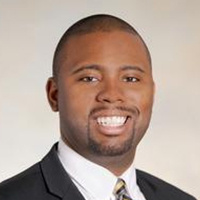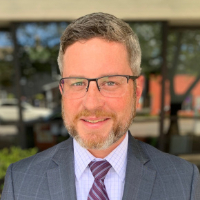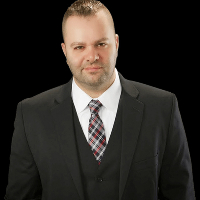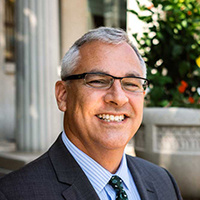Towson Criminal Lawyer, Maryland
Sponsored Law Firm
-
 x
x

Click For More Info:
-
James E. Crawford, Jr. & Associates, LLC
999 Corporate Blvd. Suite 100 Linthicum, MD 21090» view mapCriminal Defense, Divorce & Family Law Move Forward With Confidence
Our Firm's team of family, criminal, and business lawyers understand that each case presents unique challenges and must be met with equally unique approaches.
800-789-9220
Chelsey Seger
✓ VERIFIEDChelsey Seger is a practicing lawyer in the state of Maryland handling criminal defense matters.
Harry M. Rifkin
✓ VERIFIEDA native Baltimorean, Mr. Rifkin has spent his career helping people. He graduated college in three years from the George Washington University with... (more)
Justin M. Hollimon
✓ VERIFIEDJustin Hollimon is the Founding Partner of The Hollimon Firm. He is a graduate of The George Washington University and The Howard University School of... (more)
Nathaniel Kenneth Risch
✓ VERIFIEDNate is a civil trial attorney who handles cases in Maryland State District and Circuit Court, as well as in Federal Court. His practice areas include... (more)
Susan R. Green
✓ VERIFIEDSusan R. Green understands what life can be like when a person feels powerless and alone due to circumstances out of his or her control. She has faced... (more)
Timothy Gunning
✓ VERIFIEDFor nearly 30 years clients have trusted Timothy Gunning to resolve the biggest legal problems in their lives. Mr. Gunning has represented people and ... (more)
FREE CONSULTATION
CONTACT James Crawford, Jr. Linthicum, MD
James Crawford, Jr. Linthicum, MD Practice AreasExpertise
Practice AreasExpertise









